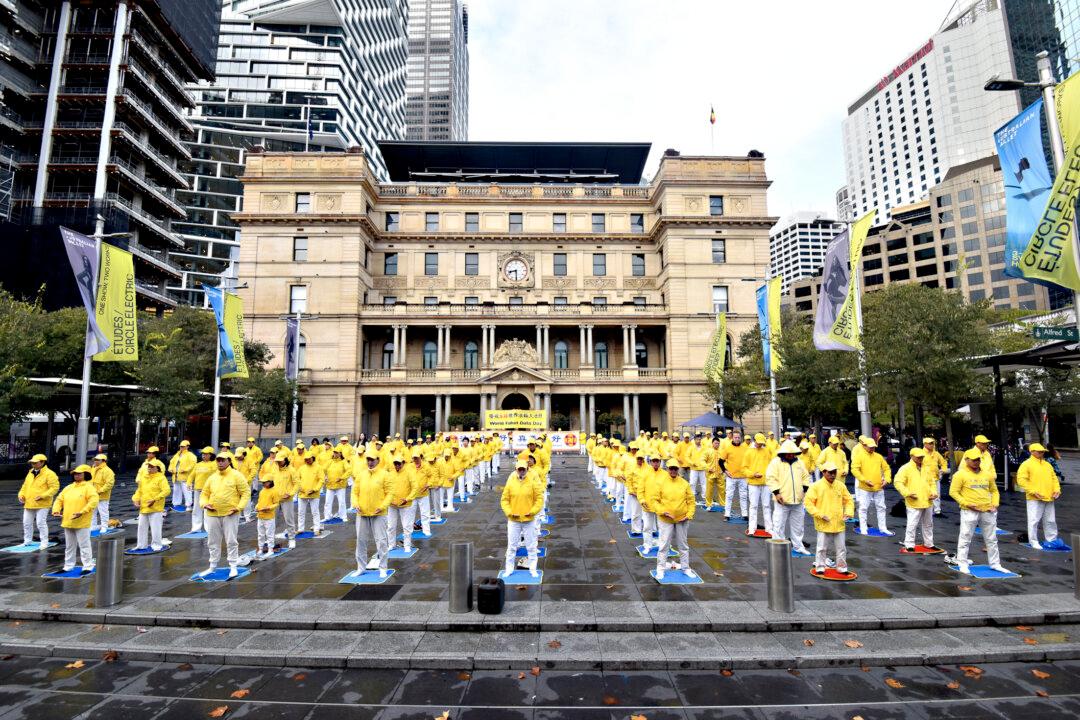Australian energy companies are now under tight scrutiny after a new law came into effect on June 10 that grants the government and regulators greater powers to enforce punishment on power generators for misconduct.
The new law, known as the government’s “Big Stick” legislation, introduces strict prohibitions against certain market misconduct, aiming to drive down electricity prices and strengthen supply by fostering fair competition.





